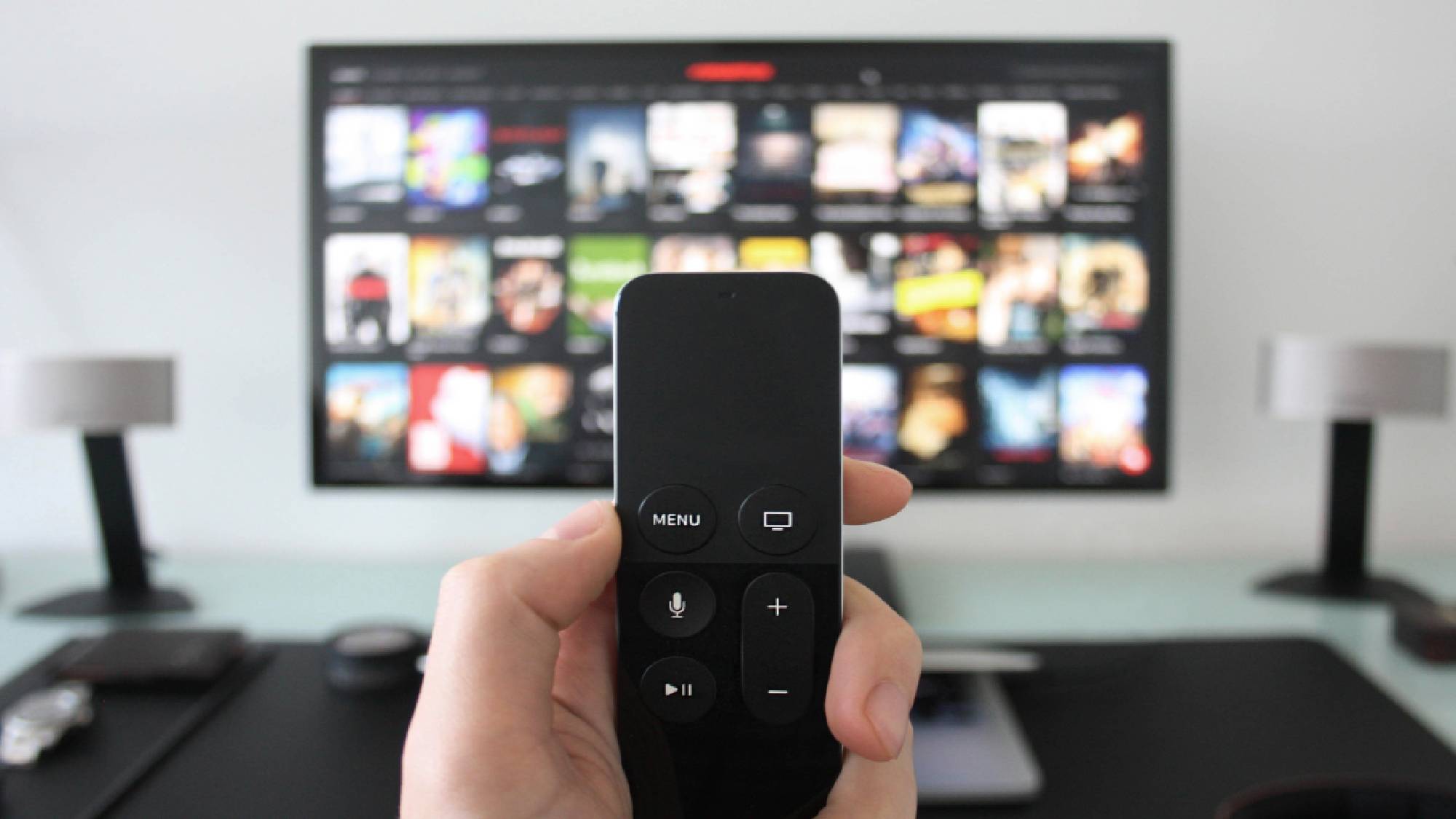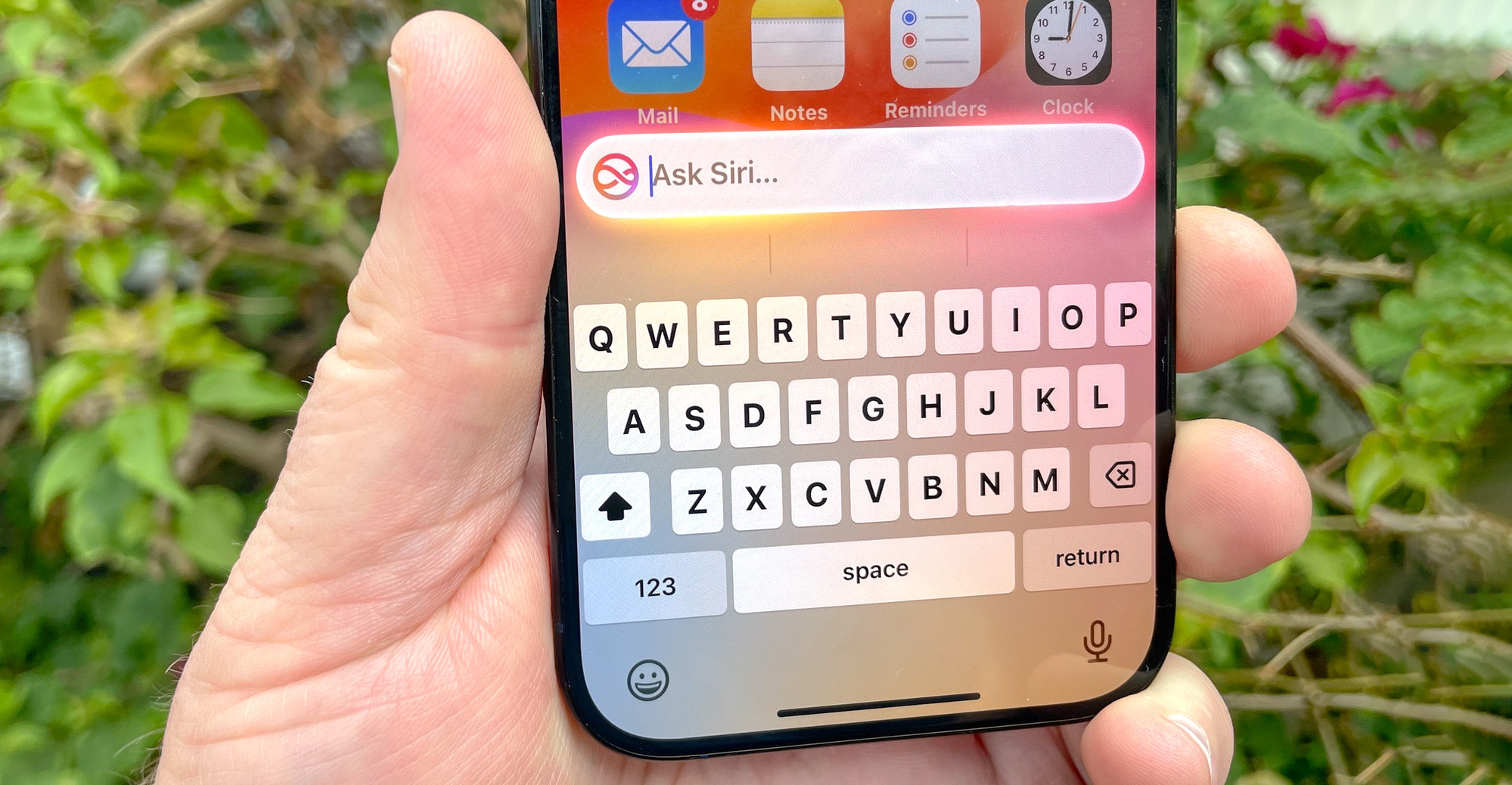What makes a good VPN for streaming?
Not all VPNs are created equal

Besides being essential tools for protecting your online privacy, the best VPN services also have the ability to bypass location restrictions on streaming sites. They can conceal your activity online and enable you to browse the internet as if you are in another location.
Because a VPN can make you appear to be accessing the internet in another country, you can have full access to that country’s Netflix or Amazon library. This is great if you are traveling and want to keep up with shows from home or simply want to explore what’s available around the world.
But what makes a streaming VPN? In this article, we go over a few things to look for when choosing a provider.
- Want more viewing variety? Here's how to change region on Netflix
Fast connection speeds
For a variety of reasons, such as over-crammed servers, high levels of encryption, and the distance of a VPN server from your location, many VPNs can slow down your internet connection speeds. While you may not notice an issue when browsing the internet normally, slow speeds can ruin your streaming experience.
To avoid long buffering periods or low video quality when streaming, you want a fast VPN with great speeds when connected, without sacrificing the quality of your privacy.
Variety of servers
The reason to look for a variety of servers is two-fold: avoiding congested servers and accessing the most streaming content possible.
Many free VPN services only offer a handful of servers for users to choose from, so thousands of users are all accessing the same two or three servers at the same time. This can drastically slow connection speeds, which might be fine for regular internet browsing but makes streaming almost impossible. Almost all free services also have data limits and restrict streaming access themselves, but there are passable free Netflix VPN services out there
When seeking out a VPN for streaming, look for one that has multiple servers in the country that you want to use. This way, if one server is over-crowded, there are plenty of others for you to connect to, and you can stream to your heart’s content.
You may also want to look for a VPN that has servers in many different countries. Since each country has its own unique library of content to watch, the more countries that a VPN can connect to, the more streaming options you’ll have.
- What is a VPN? Here, we explain all

Access to the most streaming sites
Many streaming sites attempt to block VPNs from accessing their content. Good VPNs are constantly updating their methods of evading these blocks, so you’ll always have access to the streaming content that you want.
For example, Netflix and Amazon are notorious for blocking IP addresses that are known to come from VPNs. Ideally, a VPN service can get around IP blocks by constantly adding new IP addresses for users to connect to, since the streaming sites can’t keep up with blocking them all.
Another common method used by streaming sites to block VPN activity is deep packet inspection (DPI), which searches incoming internet traffic for signs that it’s coming from a VPN and blocks it if those signs are present. However, many VPNs can disguise their activity and make it appear as if it is coming from a regular internet connection.
If you’re looking to use one streaming site in particular, make sure to do your research and see if a specific VPN has had any trouble connecting to that website in the past – and to start off with, you could check out live page of which VPNs work with Netflix.
Robust customer service
Since you never know when you’ll encounter a bad connection speed or a block from a streaming site, one of the most important things to look for when choosing a VPN is a robust customer service team that can help you out if you experience any issues.
For example, ExpressVPN has 24/7 live customer service available by email or text, so even if you experience an issue streaming late at night, someone will be available to help.
Bottom line
When it comes to streaming, not all VPNs are created equal. What’s fine for regular internet browsing might not be able to crack the BBC’s iPlayer VPN blocks or enable you to watch Netflix in full quality.
If you currently use a free service, your best option for a quality streaming experience is to upgrade to a paid VPN. In addition to ExpressVPN, we recommend looking into NordVPN or Surfshark.
What do we recommend?
ExpressVPN stands out from the competition in terms of price, features, and value. With servers in nearly 100 countries, all the security features we mention above, blazing connection speeds, and reliable access to multiple streaming services, ExpressVPN is an excellent choice for those after security with no compromises.
While some users may prefer certain features of other top VPNs, it’s the best overall option for most users – and now Tom’s Guide readers can claim three months absolutely free.
Get instant access to breaking news, the hottest reviews, great deals and helpful tips.
Sarah James is a freelance writer in Los Angeles. She has written about creativity, culture, and technology for brands like TechRadar, Submittable Content For Creatives, The Billfold, Pittsburgh City Paper, The Toast, and more.
 Club Benefits
Club Benefits







